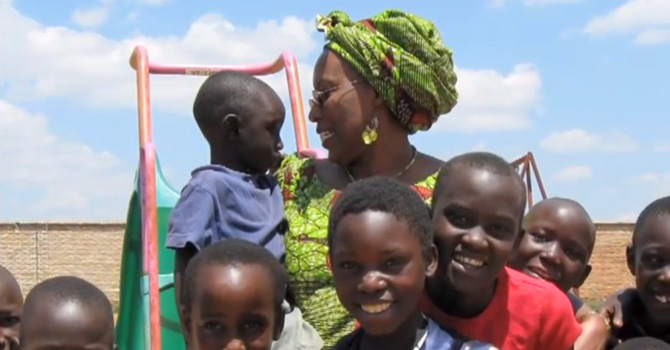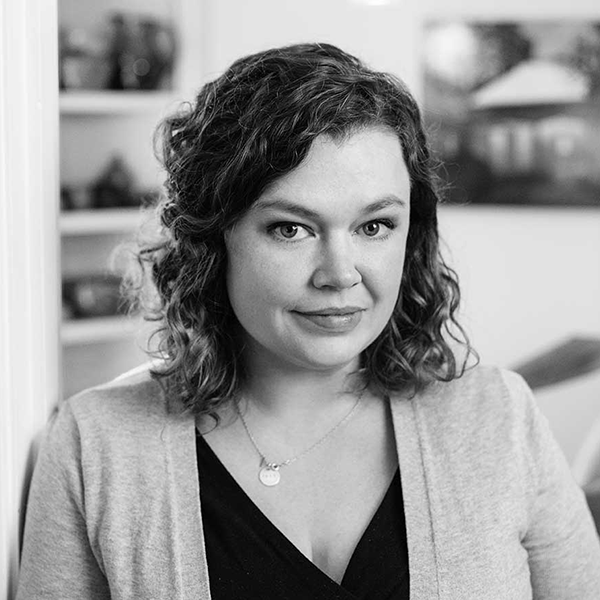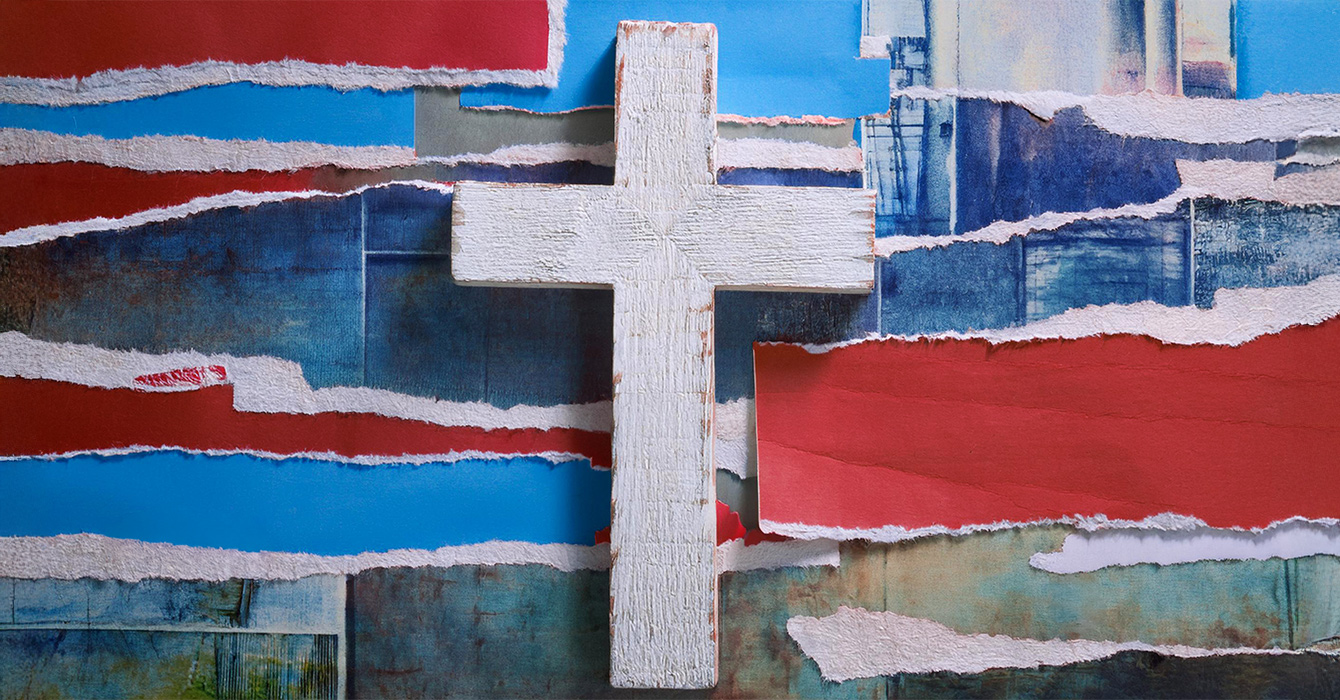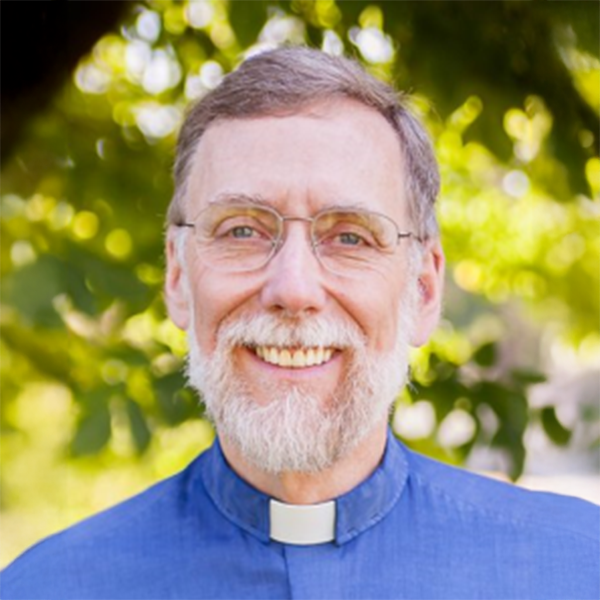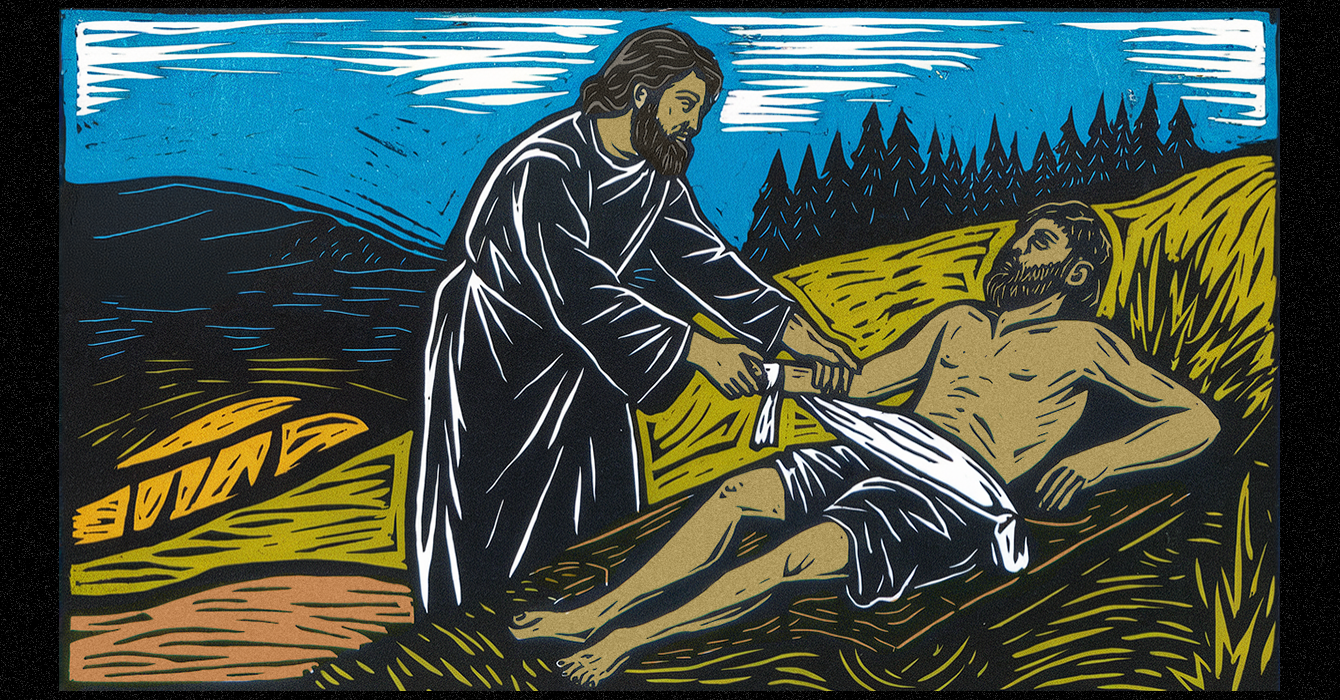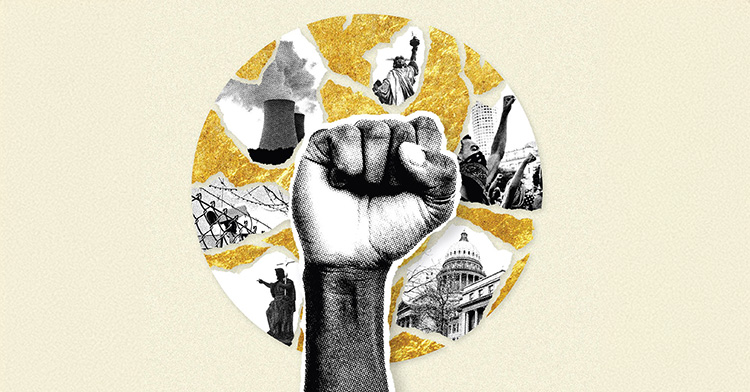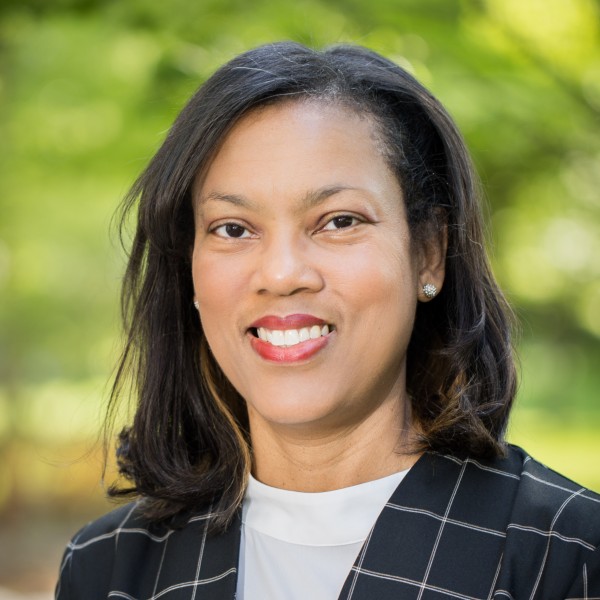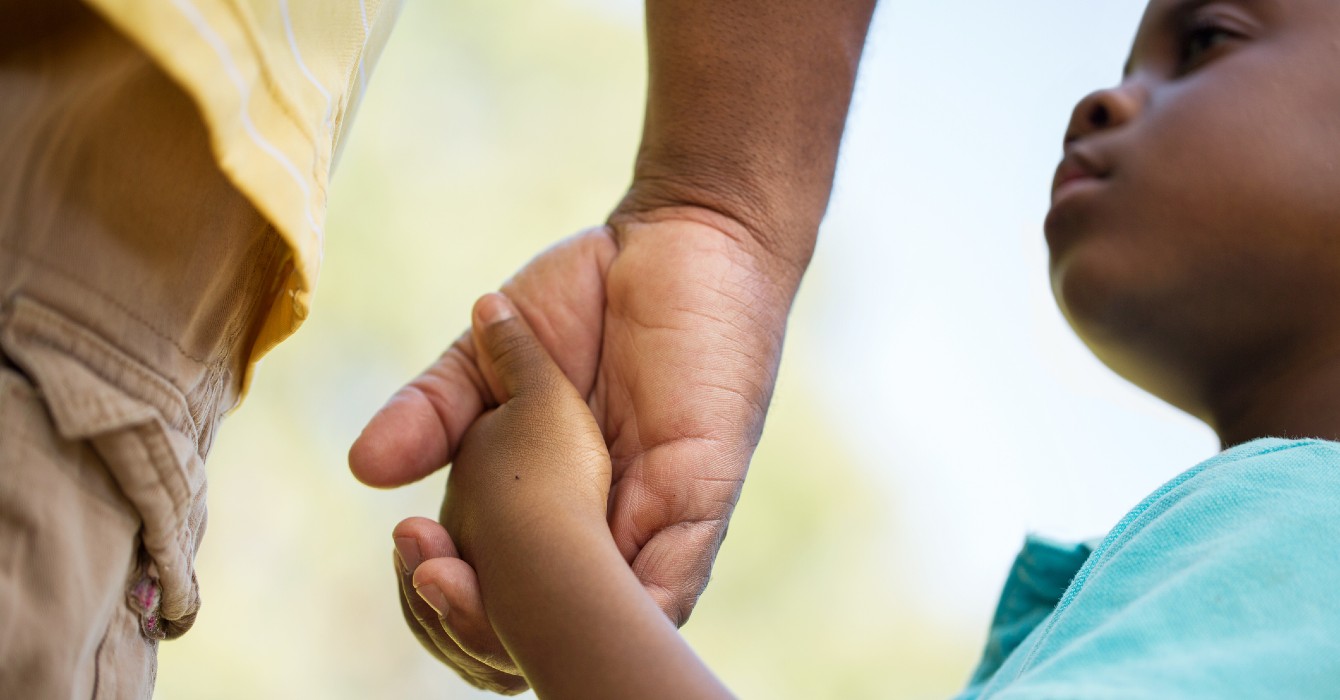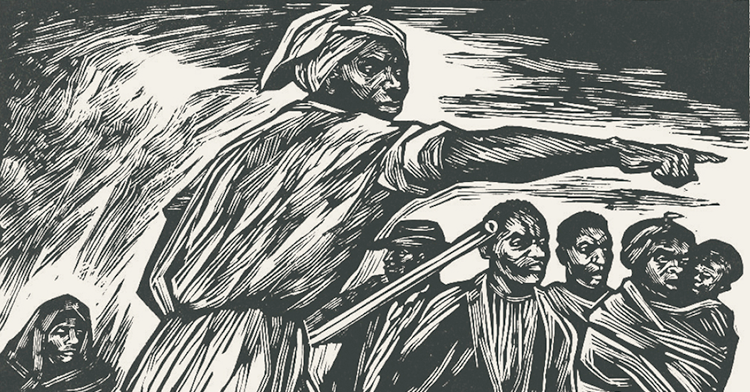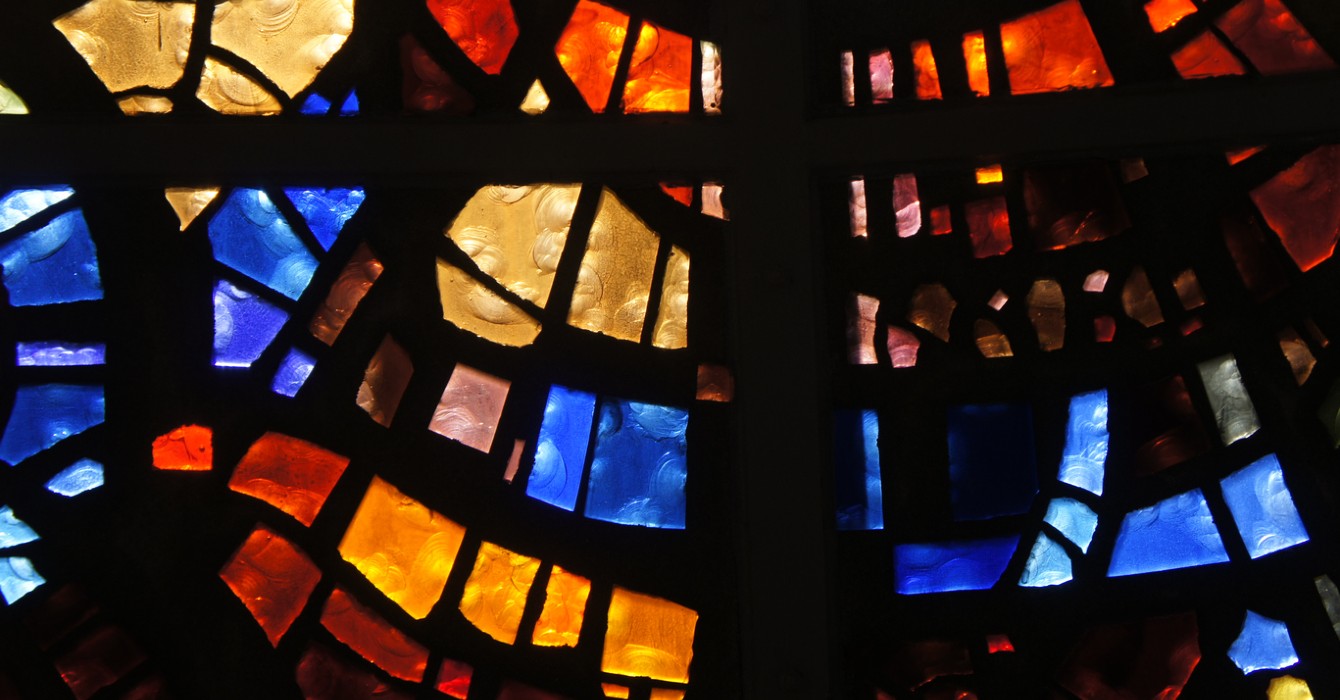Update: In June 2015, Maggy Barankitse was forced to flee Burundi and find refuge in Rwanda after participating in political protests. She continues her work in exile and has built Maison Shalom Rwanda and the Oasis of Peace, a community center for refugees and the surrounding community. She also created the Mahama Elite Center in Rwanda, which works in conjunction with the Mahama Refugee Camp to give refugees, especially children, the care and resources they need. Barankitse serves as chair of the board of directors of Maison Shalom International.
Marguerite “Maggy” Barankitse tells her story over and over -- in interviews, in gatherings, to donors, to individuals. It’s a story so horrific one can hardly reconcile it with the joyful, brightly dressed woman who recounts it.
On Oct. 24, 1993, during the Burundian civil war, Barankitse took shelter at the bishop’s palace in the village of Ruyigi. She watched as 72 people were slaughtered before her eyes, including her best friend. She gathered her seven adopted children and 25 others and fled, determined to care for them.
In the two decades since, her efforts have expanded from a desperate, emergency response to sustained institution building.
Over the years, her organization, called Maison Shalom (House of Peace), has grown to include schools, homes, a hospital, a morgue, a movie theater and a swimming pool. Their purpose is practical and symbolic: the swimming pool, for example, represents the waters of baptism built on a killing field.
Her vision is to invent a new future through love -- a future in which every citizen of Burundi can have a decent life.
“Every day I improvise new life,” Barankitse said. “Because love makes us inventors.”
Barankitse’s vision and work help to illumine the key concepts that shape Leadership Education: Christ-shaped, transformative leadership, traditioned innovation, generative organization and sustainable design. Maison Shalom displays the power of vibrant institutions and thriving communities that are signs, foretastes and instruments of God’s reign.
Barankitse’s vision and work are important for several reasons. First, they are informed by a deep Christian imagination. Her wonderful expression “Love made me an inventor” points to how God’s love has shaped her imagination to redesign her community in the wake of destruction. This imagination is oriented toward the end of God’s reign.
Second, they display powerfully the significance of institutions for human flourishing. Barankitse’s development of Maison Shalom illustrates both the power of institutions and the importance of an institutional “ecosystem” to enable people not only to survive but also to flourish. Her creative insistence on building a swimming pool as well as a theater reflects this vision of flourishing.
And third, her vision and work illumine how, even in the wake of horrifying sin and destruction, people can work together to discover new life. This new life requires and is nurtured by institutions working effectively together.
If Barankitse’s vision and work can enable this sort of innovation in rural Burundi, imagine what might be possible in settings where there has been less explicit destruction and where more human, physical and financial resources are available.
The following interviews, articles, videos and websites tell the story of this remarkable woman and her work.
Love made me an inventor
In a video taped in 2011 at Maison Shalom in Burundi, Maggy Barankitse shows visitors the institution she founded after Burundi’s brutal civil war. Maison Shalom is dedicated to saving the country’s orphans and raising them in God’s love.
Maggy Barankitse: Builder of hope
Maison Shalom’s founder and president talks in a video interview about Maison Shalom and its work restoring dignity and hope to the citizens of her war-torn nation.
Excerpts from this interview can also be viewed by topic in a series of short video clips. In them, Barankitse talks about her phrase “Love made me an inventor,” why she built what she did at Maison Shalom, how she found the courage to create an innovative institution, why she built a morgue, her own struggles with God, the importance of forgiveness, and her view that life is a feast.
Maggy Barankitse at Duke University
Barankitse was awarded an honorary degree by Duke University in 2013. While on campus, she took part in a public conversation in Duke Divinity School’s Goodson Chapel with the Rev. Emmanuel Katongole and Aline Ndenzako Danziger, the vice president of Maison Shalom.
L. Gregory Jones: Discovering hope through holy friendships
Maggy Barankitse’s signature line is “Love made me an inventor.” Holy friends enable us to experience the love that will make us inventors and help us discover and rediscover hope for the future.
Other resources about Maggy Barankitse and Maison Shalom
Maison Shalom website
Learn more about the organization and its work.
Opus Prize
Barankitse was awarded the Opus Prize in 2008 for her humanitarian efforts.
TEDxRohero: Redefine Burundi
In August 2013, Barankitse spoke at TEDxRohero, a platform for positive dialogue about Burundi (in French).
Maison Shalom: Infectious love in Burundi
In this 2009 Faith Matters column in the Christian Century, L. Gregory Jones (available to subscribers)
Burundi’s great mother: [Maggy] Barankitse
Barankitse is “a force of nature, a woman who accepts no barriers to what she thinks is right and needed to help Burundi’s children,” writes Katherine Marshall of Georgetown University in the Huffington Post.
The Sacrifice of Africa: A Political Theology for Africa
In this book about Christian social ethics in Africa, the Rev. Emmanuel Katongole writes about Barankitse’s life and work as a critique of the current social history and an alternative to it.

